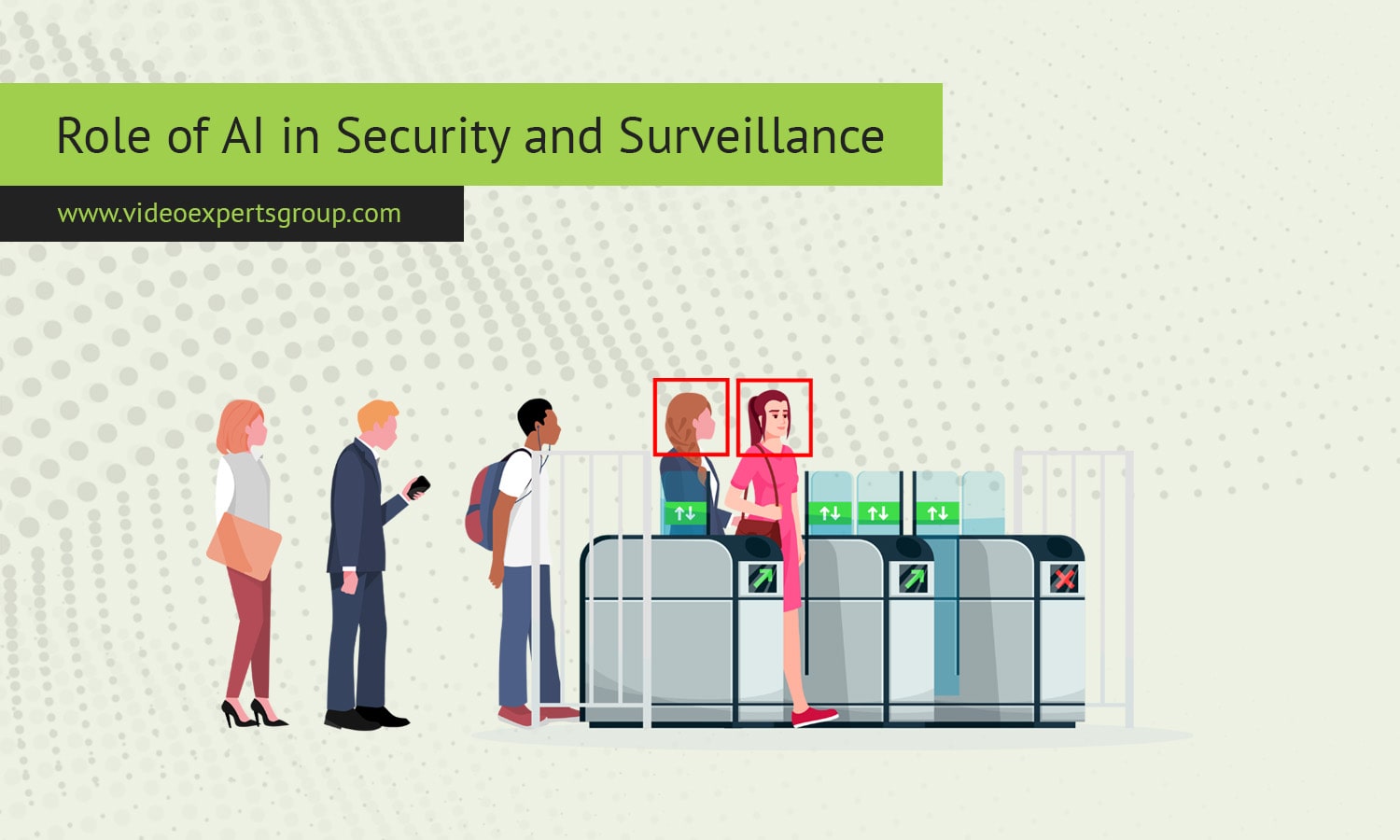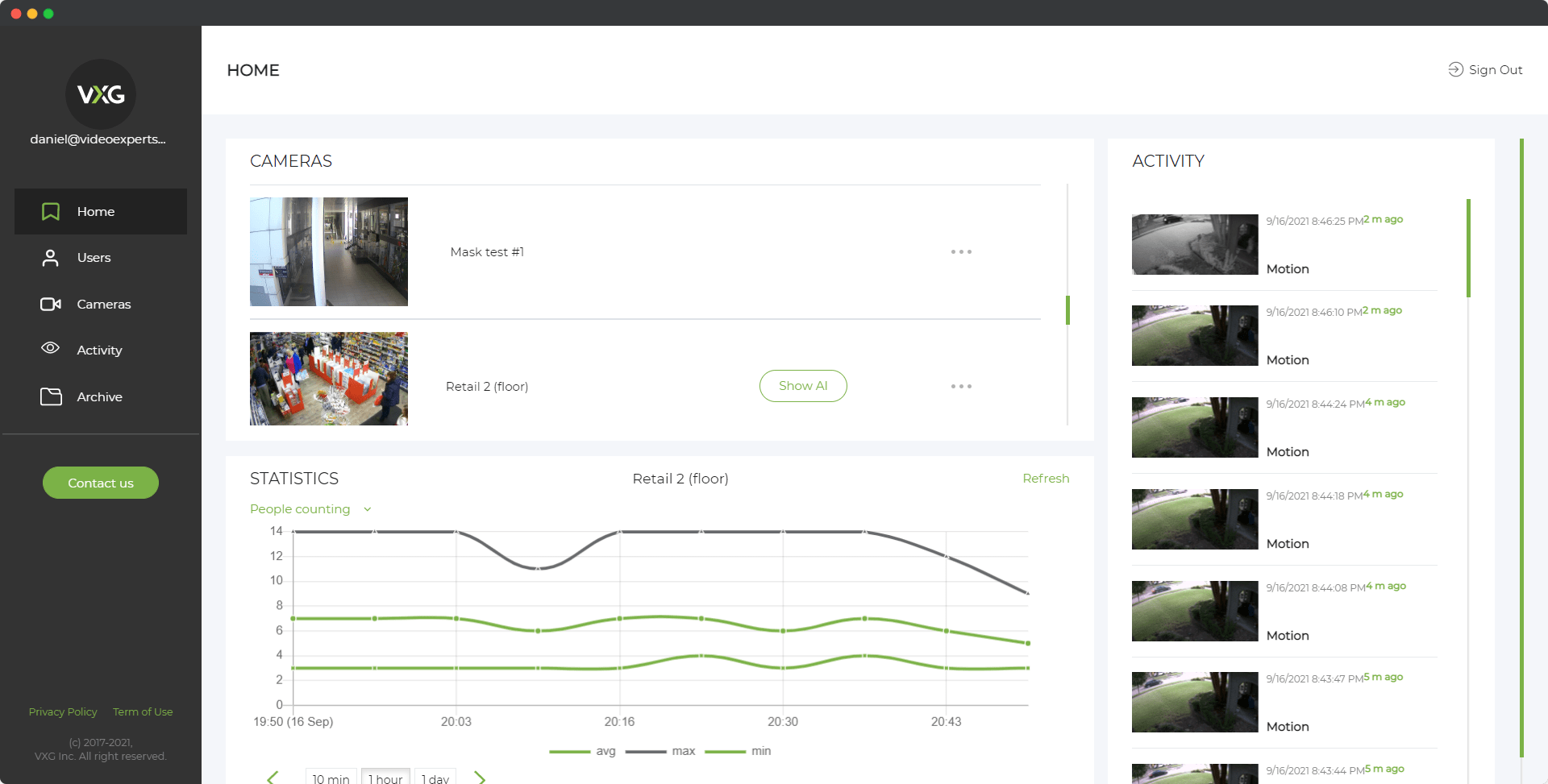Artificial Intelligence (AI) is revolutionizing security and surveillance by enhancing monitoring capabilities, improving threat detection, and automating responses. Traditional surveillance systems rely on human intervention, making them prone to errors and inefficiencies. AI-driven solutions, however, process vast amounts of data in real time, allowing for precise decision-making and proactive security measures. From facial recognition to anomaly detection, AI is shaping the future of surveillance across industries, including law enforcement, commercial security, and smart cities.
How Is AI Used in Security and Surveillance
AI is integrated into security and surveillance systems through machine learning algorithms, computer vision, and deep learning models. These technologies analyze video feeds, detect patterns, and recognize unusual behaviors. The key applications of AI in security and surveillance include:
- Facial Recognition – AI-powered cameras can identify and track individuals, improving access control and law enforcement investigations.
- Anomaly Detection – AI detects unusual activities in real-time, such as unauthorized access, loitering, or abandoned objects.
- Behavioral Analysis – Advanced AI models assess human behavior to identify potential security threats before they escalate.
- Automated Alerts – AI systems send instant notifications to security personnel upon detecting suspicious activity.
- License Plate Recognition (LPR) – AI-powered cameras scan and record vehicle license plates for security checkpoints and law enforcement.
- Drone Surveillance – AI-controlled drones provide aerial monitoring, tracking movements in restricted or large areas.
- Cybersecurity Threat Detection – AI identifies patterns of malicious activity in networks, preventing cyber threats such as hacking and phishing.
Advantages
AI-powered security and surveillance systems offer several benefits that enhance safety and operational efficiency:
- Real-Time Monitoring – AI processes video feeds instantly, allowing for immediate responses to security threats.
- Reduced Human Error – Unlike humans, AI does not suffer from fatigue or distraction, leading to more accurate surveillance.
- Cost-Effectiveness – AI automates security monitoring, reducing the need for large security teams and lowering operational costs.
- Scalability – AI can monitor multiple locations simultaneously, making it ideal for large-scale surveillance applications.
- Data-Driven Insights – AI collects and analyzes security data to improve crime prevention strategies and optimize surveillance placement.
- Enhanced Forensics – AI-enhanced footage reconstruction and analysis help law enforcement solve crimes faster.
Disadvantages
Despite its advantages, AI-based security and surveillance systems come with challenges and ethical concerns:
- Privacy Concerns – AI surveillance raises questions about personal privacy and mass surveillance, leading to potential misuse.
- Bias and Inaccuracy – AI algorithms can inherit biases from training data, leading to false positives or discrimination.
- Cybersecurity Risks – AI systems can be vulnerable to hacking, manipulation, or adversarial attacks.
- High Implementation Costs – Deploying AI-driven surveillance requires significant investment in hardware and software.
- Legal and Ethical Issues – Many countries are still developing regulations to govern AI surveillance, leading to legal uncertainties.
- Over-Reliance on AI – Excessive dependence on AI may reduce human oversight, increasing risks of system failures or misinterpretations.
Examples
AI is being actively used in various security and surveillance applications worldwide:
- Smart Cities – AI-driven surveillance systems monitor traffic, detect accidents, and identify public safety threats.
- Retail Security – AI prevents shoplifting by analyzing customer behavior and detecting suspicious actions.
- Airports and Border Control – AI-powered facial recognition systems streamline identity verification and detect security threats.
- Banking and Financial Security – AI detects fraudulent transactions and monitors ATM security.
- Corporate Security – AI enhances access control by using biometric authentication for employees.
FAQs
AI continues to play a vital role in security and surveillance, offering enhanced monitoring, faster threat detection, and improved public safety. However, ethical considerations, legal regulations, and technological improvements must balance AI's benefits with responsible use.
















